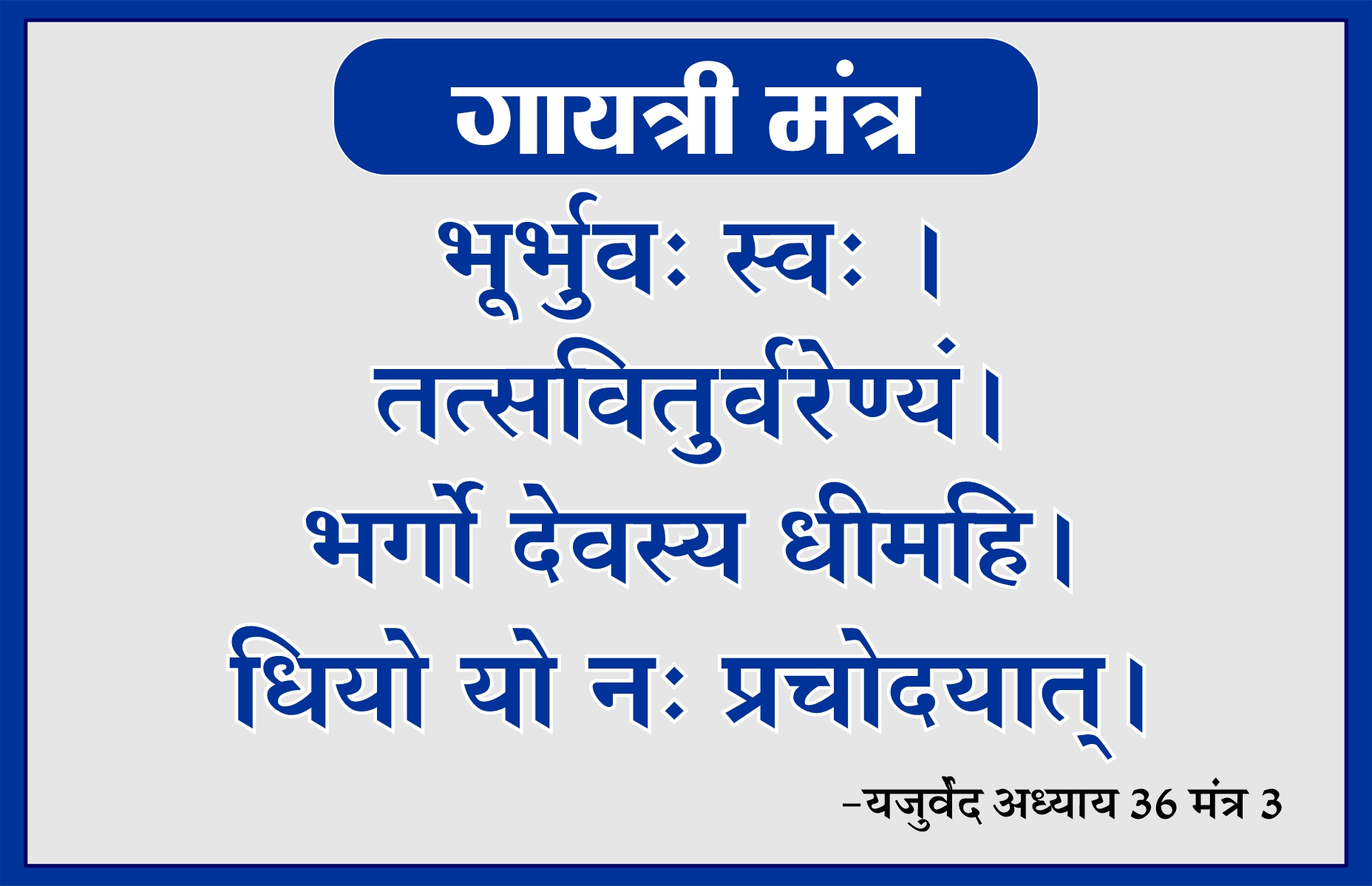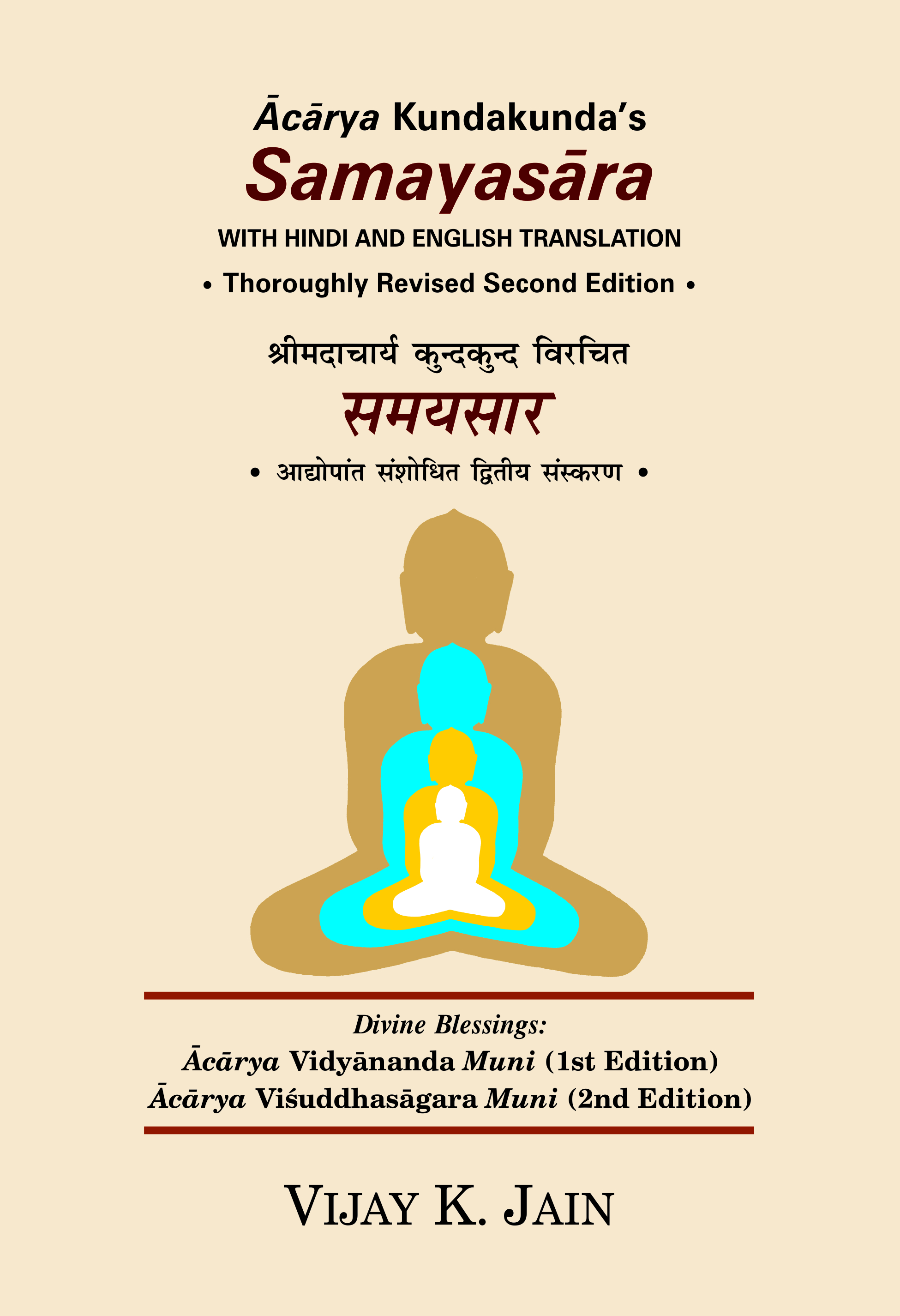Looking for the meaning of “Have” in Hindi? “Have” translates to “होना” (hona) or “रखना” (rakhna) in Hindi. The term “Have” has multiple meanings in English, so it is important to consider the context in which you are using the word to determine the corresponding Hindi translation. Expand your Hindi vocabulary with the meaning of “Have” and its various uses in Hindi conversations.
Have you ever wondered about the meaning of words in different languages? Language is a beautiful reflection of culture and diversity, and one such language with a fascinating richness is Hindi. Hindi, with its roots in the ancient Indian language Sanskrit, has a profound impact on the lives of millions of people. Whether you’re learning the language or simply curious about its nuances, exploring the meaning of words in Hindi can open up a whole new world of understanding.
Hindi, the official language of India, is deeply intertwined with the country’s rich history and culture. It holds immense significance not only for native speakers but also for those who wish to connect with the vibrant Indian community. With over 500 million speakers worldwide, Hindi has become one of the most widely spoken languages. Appreciating the meaning of words in Hindi allows individuals to communicate more effectively and gain a deeper appreciation for the diverse Indian culture that Hindi represents.

Understanding the Meaning of “Have” in Hindi
When it comes to learning a new language, understanding the different meanings and nuances of words is essential. In Hindi, one word that carries multiple meanings is “have.” In English, “have” is a common verb that denotes possession or ownership. However, its translation into Hindi can vary depending on the context and usage.
Generally, the word “have” in Hindi is translated as “रखना” (rakhna) or “प्राप्त करना” (prapt karna), both of which mean “to have” or “to possess.” These translations imply ownership or possession of something physical or abstract. For example, if you say “I have a book” in English, it can be translated to “मेरे पास एक किताब है” (mere paas ek kitab hai) in Hindi. However, the meaning of “have” in Hindi extends beyond ownership and includes other contexts as well.
If you want to dive deeper into the meaning of “have” in Hindi, it’s worth exploring related concepts like loyalty and love. Loyalty and love are integral aspects of relationships and play a significant role in personal and professional domains. To better understand the meaning of “have” in Hindi, let’s explore the concepts of loyalty and love in the Indian context.
To learn about the meaning of loyalty in Hindi, click here.
The Significance of Loyalty in Hindi
Loyalty, or “निष्ठा” (nishtha), in Hindi holds great value and is deeply ingrained in the cultural fabric of India. The concept of loyalty extends to various aspects of life, including relationships, work, and societal obligations. In Hindi, loyalty signifies steadfastness, faithfulness, and commitment towards someone or something.
When it comes to personal relationships, loyalty is paramount. It involves being devoted and dedicated to your loved ones, whether it’s family, friends, or romantic partners. Loyalty in Hindi is often associated with “वफादारी” (wafadari), which means maintaining trust, honesty, and support in the relationships you hold dear.
In the professional realm, loyalty is highly valued. It implies dedication to one’s work, company, or organization. A loyal employee is someone who is committed, trustworthy, and willing to go the extra mile for their employer. Loyalty in Hindi, when it comes to work, is often referred to as “निष्ठावानी” (nishthavaanee).
Furthermore, loyalty is deeply intertwined with societal obligations in Hindi culture. It involves being loyal to one’s community, country, and culture. It means upholding traditions and values, and contributing positively to the betterment of society.
If you want to explore the meaning of love in Hindi, click here.
Exploring Love in Hindi
Love, or “प्यार” (pyaar), is a profound emotion that transcends cultural boundaries. In Hindi, love has various dimensions and depths, each carrying its own unique significance. Love in Hindi encompasses a wide spectrum of emotions, ranging from romantic love to love for family, friends, and everything in between.
Hindi has different words for expressing love in different contexts. For example, “मोहब्बत” (mohabbat) refers to romantic love, while “प्यार” (pyaar) is a broader term that encompasses love in all its forms. Love in Hindi is not limited to romantic relationships; it includes the love between parents and children, siblings, friends, and even love for animals and nature.
Love is often portrayed in Indian cinema, literature, and music, showcasing the depth of emotions and the various ways it is expressed. It is a cherished value in Hindi culture, emphasizing the importance of emotional connection, empathy, and compassion.
Love in Hindi also extends to self-love, or “अपने आप से प्यार” (apne aap se pyaar). It encourages individuals to prioritize self-care, self-acceptance, and self-worth. By cultivating self-love, individuals can foster healthier relationships with others and promote overall well-being.
The Intersection of Loyalty and Love in Hindi Culture
In Hindi culture, loyalty and love often intertwine, creating a strong bond between individuals. Loyalty is an expression of love, and love reinforces loyalty. The loyalty and love shared among family members, friends, and partners form the foundation of deep and meaningful relationships.
When loyalty and love coexist, they create an environment of trust, support, and understanding. Relationships built on these principles are resilient, enduring, and enriching. Both loyalty and love require dedication, sacrifice, and communication, fostering a sense of belonging and emotional security.
It is important to note that the meanings of loyalty and love in Hindi culture are not limited to words alone. They are deeply ingrained in actions, gestures, and the way individuals show care and concern for one another. Loyalty and love are demonstrated through acts of kindness, respect, and selflessness.
Conclusion
The meanings and significance of words like “have,” loyalty, and love in Hindi extend far beyond their literal translations. They encapsulate the values, emotions, and cultural heritage of Hindi-speaking communities. Understanding these nuances is crucial for developing a deeper appreciation of the language and its impact on personal and interpersonal relationships.

Frequently Asked Questions
In this section, we will address some frequently asked questions related to the meaning of the word “Have” in Hindi.
1. What is the meaning of “Have” in Hindi?
The word “Have” in Hindi is translated as “होना” (Hona). It is commonly used to indicate possession, ownership, or as an auxiliary verb to form perfect tenses.
In Hindi, “होना” (Hona) can also be used to express existence, occurrence, or happenings. It is a versatile word with several meanings and uses in different contexts.
2. How is “Have” conjugated in Hindi?
The conjugation of “Have” in Hindi depends on the tense, gender, and number of the subject. For example, in present tense, “I have” is translated as “मेरे पास है” (Mere Paas Hai), while “He/She/It has” is translated as “उसके पास है” (Uske Paas Hai).
Similarly, in the past tense, “I had” is translated as “मेरे पास था” (Mere Paas Tha), and “He/She/It had” is translated as “उसके पास था” (Uske Paas Tha).
3. Can “Have” be used to express obligation or necessity in Hindi?
No, the word “Have” in Hindi does not have the same connotation of obligation or necessity as in English. In Hindi, different verbs or phrases are used to express these concepts. For example, “करना होगा” (Karna Hoga) is used to indicate obligation, and “जरूरत होना” (Jarurat Hona) is used to convey necessity.
Therefore, it’s important to understand the specific verbs or phrases used in Hindi to express obligation or necessity, rather than relying on the word “Have.”
4. Are there any idiomatic expressions using the word “Have” in Hindi?
Yes, there are several idiomatic expressions in Hindi that use the word “Have.” For example, “मरने से पहले तो हवा ही होगी” (Marne se Pehle To Hawa Hi Hogi), which translates to “There must be air before death.” This expression is used to emphasize the importance of something before it is too late.
These idiomatic expressions add color and depth to the language, showcasing the versatility of the word “Have” in Hindi.
5. How can I expand my vocabulary to better understand the meaning of “Have” in Hindi?
To improve your understanding of the various meanings and uses of the word “Have” in Hindi, it is beneficial to expand your vocabulary. Engage in activities such as reading Hindi literature, newspapers, or online articles. Additionally, watching Hindi movies or TV shows can expose you to different contexts where the word “Have” is used.
You can also make use of Hindi dictionaries or language learning apps that provide translations and examples of sentences using the word “Have.” Consistent practice and exposure will gradually enhance your grasp of the nuances associated with “Have” in Hindi.
The article discusses the importance of adhering to a professional tone and writing style that is suitable for a 13-year-old reader. It emphasizes the use of a conversational tone, simple language, and avoiding jargon. The objective is to provide clear key points in a concise manner.
The wrap-up aims to summarize the main points of the article in just two paragraphs. It focuses on the need for a professional tone, simple language, and concise sentences to ensure clarity and understanding. Following these guidelines will help readers grasp the key ideas effectively.